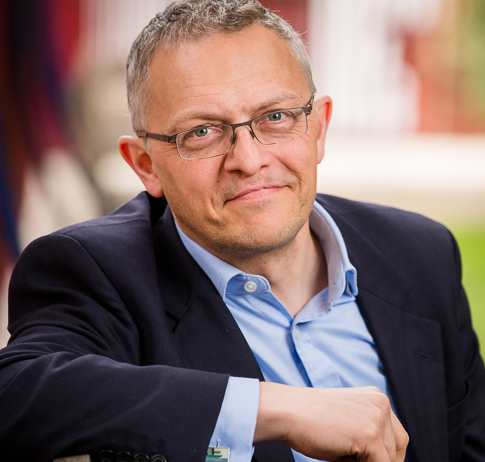Article
To be (a son) or not to be: Defining the meaning of 'children' in a trust
11 December 2024 | Applicable law: England and Wales | 2 minute read
Marcus v Marcus is a recent example of how drafting can have unintended consequences. Here the use of the word 'children' rather than naming the individual beneficiaries resulted in a trial over paternity and who should benefit from a family trust worth roughly £14.5m.
Background
Stuart and Patricia Marcus brought up Edward and Jonathan as their children and until very recently both brothers believed Stuart and Patricia were their biological parents.
In November 2003 Stuart set up a trust to hold shares in the family business. The beneficiaries included 'the children and remoter issue of the Settlor now in being or born hereafter'.
The relationship between Edward and the rest of the family was difficult for many years.
In 2010, Patricia told Edward that she had had an affair and that his biological father was Sydney Glossop even though Stuart is listed as Edward's father on his birth certificate.
Stuart died in 2020 still believing that Edward was his son.
In 2023 Patricia told Jonathan that Edward's father was Mr Glossop.
Jonathan issued a claim a few weeks later that Edward should not be entitled to any of the trust assets as the definition of 'children' does not include stepchildren.
The Court had to decide:
- Whether Stuart was Edward's father
- If not, did 'children' include stepchildren for the purposes of the Settlement?
Paternity
There is a presumption that a child born during a marriage is a child of the husband. In an attempt to rebut that presumption, Jonathan put forward both expert and witness evidence. The expert evidence, in the form of a DNA sampling report, concluded that it was 25 times more likely that Jonathan and Edward were half-siblings rather than full siblings.
Patricia gave evidence of her affair with Mr Glossop and said she was 'certain that Mr Glossop was Edward's father'.
The Judge concluded that Stuart was not Edward's biological father meaning the second question had to be answered.
Meaning of 'children'
When interpreting a trust, the court needs to identify the settlor's intention, by reference to what a reasonable person that had all the background knowledge available to the settlor would have understood the language in the trust to mean.
Usually the term 'children' does not include stepchildren, unless expressly stated otherwise. However, it is possible for context to displace the natural meaning of 'children'.
In 2003, when setting up the trust, Stuart believed that both Edward and Jonathan were his biological children. The Judge concluded that a reasonable person with knowledge of the relevant facts would readily conclude that when using 'children' Stuart intended the word to be understood as meaning Edward and Jonathan.
Therefore, in this case, 'children' did include Edward and therefore he is a beneficiary of the trust.


